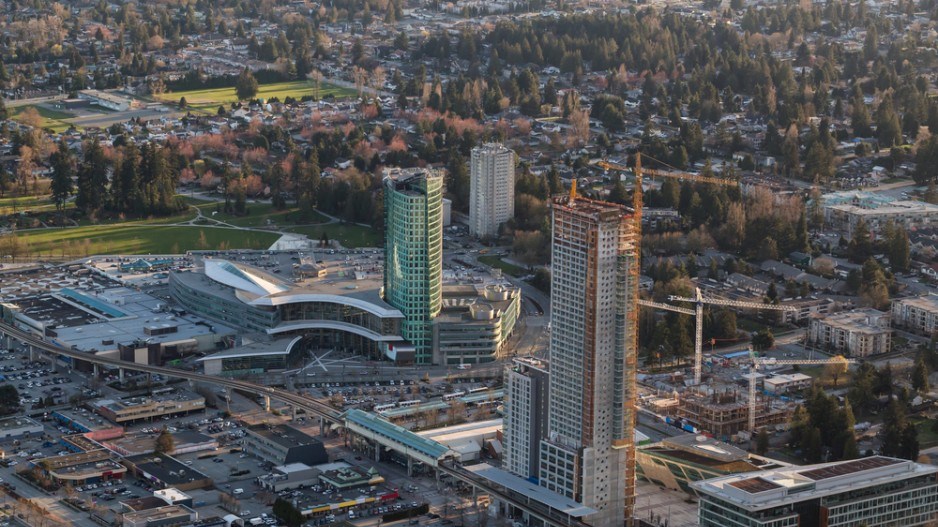What happened: Chambers of commerce throughout the province passed 70 policies at the British Columbia Chamber of Commerce (BCCC) annual general meeting.
Why it matters: The policies passed offer insight into the priorities and concerns of B.C. businesses, and will inform BCCC advocacy over the next year.
More rental housing, fewer single-use plastics and a new aerospace innovation cluster are among the policy areas that won support at the British Columbia Chamber of Commerce’s (BCCC) annual general meeting, which ended Saturday.
In total, 55 chambers across the province made 73 policy submissions – more policies than in any previous year, according to the BCCC’s policy director Dan Baxter.
Seventy policies passed and will inform the advocacy work of the chamber, which represents some 36,000 B.C. businesses, and 125 chambers of commerce and boards of trade.
Among them were three rental housing policies from Abbotsford, Kelowna and Surrey that focused on market sustainability, more rental housing and purpose-built rental housing, respectively.
The chamber network “overwhelmingly” voted in favour of pushing a made-in-B.C. value-added tax – a policy adopted in 2016 – according to the BCCC. Members also supported an amendment to the property assessment process to relieve the tax burden on businesses.
Three policies on emergency management – to address wildfires in the Interior and flooding in the Lower Mainland – were tabled and passed at the AGM, which ended on Saturday.
Other notable policy resolutions that passed include:
- A return to a user-pay system to support Translink infrastructure
- Streamlining the regulatory transition of B.C.’s cannabis industry
- Addressing labour shortages with better language training for newcomers
- Protecting old-growth rainforest for tourism-based communities
- Enhancing support for cycling as a mode of transportation for the workforce
The BCCC says it will publish more details on the policies in its final policy resolution manual, expected in about a month.




